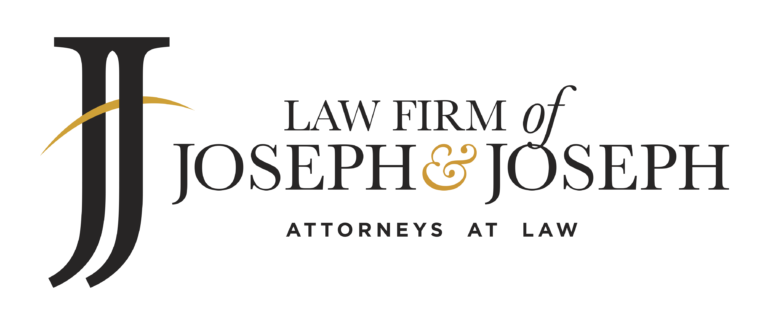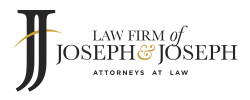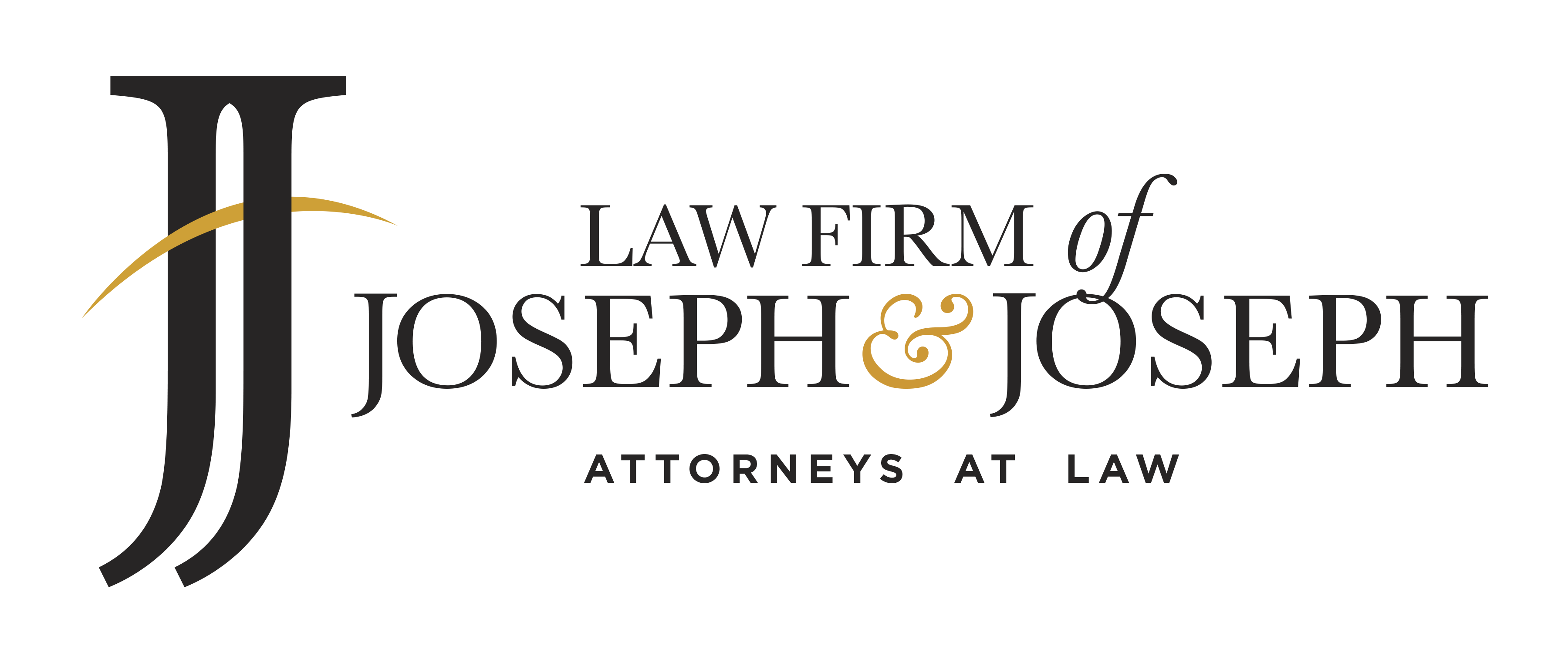By
Sir Lawrence A. Joseph
On Thursday 10th March 2016, Professor Brian Meeks delivered a lecture to a very large audience at the Annex of the Grenada Trade Centre. Professor Meeks is a Jamaican by birth and is presently holding the Chair of Africana Studies at Brown University which is one of the eight prestigious Ivy League universities in the USA. The lecture was the Second Annual Carol Bristol Distinguished Lecture Series which was initiated by the University of the West Indies Open Campus here in Grenada. The lecture was entitled: “The Grenada Revolution: Legacy, Pitfalls and Lessons”. There was much stimulation of thought arising from the presentation and a number of issues surfaced. The most significant of those issues related to the Professor’s very loose interpretation as to what constitute a revolution. As I am diametrically opposed to his interpretation an open challenge is extended to Professor Meeks to engage in a public debate in order to resolve that issue.
It is my contention that utilizing a legal/political/philosophical perspective the 13th of March 1979 event together with subsequent processes in Grenada was not a revolution but was a coup d’etat. Professor Meeks determined otherwise and concluded that his determination was a “no-brainer” (an obvious conclusion). In fact the Professor went on further to include the 1970 army revolt in Trinidad, the 1979 Union Island Uprising and the 1981 attempted coup d’etat in Dominica as revolutions. It is my contention that whilst these events may be considered to be revolutionary processes, they were not revolutions. It is only when a usurper regime establishes legitimacy that it can be rightfully claimed that a successful revolution occurred. The concept of legitimacy in this context refers to the endorsement of a usurper regime by the bulk of the population either by way of referendum or by general elections. This approach to the concept of legitimacy is the prevailing jurisprudential approach in common law jurisdictions especially so since the judgment of President Haynes of the then Grenada Court of Appeal in the case of Mitchell and Others v the DPP in 1985. This approach has been subsequently endorsed by the common law courts of Fiji in the cases of Prasad v Republic of Fiji in 2001 and Qarase and Others v Bainimarama in 2009.
During the Maurice Bishop murder trial (the Mitchell case) the Grenada Court of Appeal determined that although the People’s Revolutionary Government had de facto status (governmental control in fact only) it did not have de jure status (governmental control both in fact and in law). In effect the court concluded that the PRG did not establish legitimacy as there was no evidence either by way of referendum or general elections to support the claim that that regime had the support from the bulk of the population. The absence of legitimacy indicates that the original coup d’etat of 13th March 1979 did not give rise to a successful revolution although revolutionary processes were in train. This situation is unlike that of Fiji which had four coups d’etat over a twelve year period from 1997 to 2009. Following the holding of general elections in that country on 17th September 2014 which the party of the main coup leader Bainimarama won, a new legal order was created giving the original usurper regime legitimacy and validity. It was only then that the revolutionary process which culminated into a successful revolution became completed.
During a “one on one” discussion with Professor Meeks he claimed that the concept of legitimacy being a political question ought not to come into play in order to determine a legal issue. That political question concept related to a school of thought since the American case of Luther v Borden in 1849. However this approach has since been debunked following the decision in the subsequent case of Baker v Carr in 1962. As a consequence the submission of Professor Meeks holds no merit. In any event that concept never took root outside of the USA.
It is quite understandable why individuals such as Professor Meeks who were directly involved with the revolutionary process in Grenada together with subsequent revolution romanticists cannot come to terms with the fact that that process was not a successful revolution. Whilst in a loose sense that process may be considered to be “an emotional revolution”, in a strict legal sense it was no more than a sophisticated coup d’etat. Is this not the real “no-brainer”?
As Professor Meeks had done during his presentation (after all he is a key contributor to the “revolution” debate), I also will offer up a poem which I dedicate to the Professor. It is entitled “Ode to Professor Brian Meeks”:
Meek became the cherished dream
Of revolutions filled with emotions high,
Wishing the dream would stay alive
Like counting pies along the sky;
Yet not to dream is not an option,
So Brian, keep dreaming on and on!



